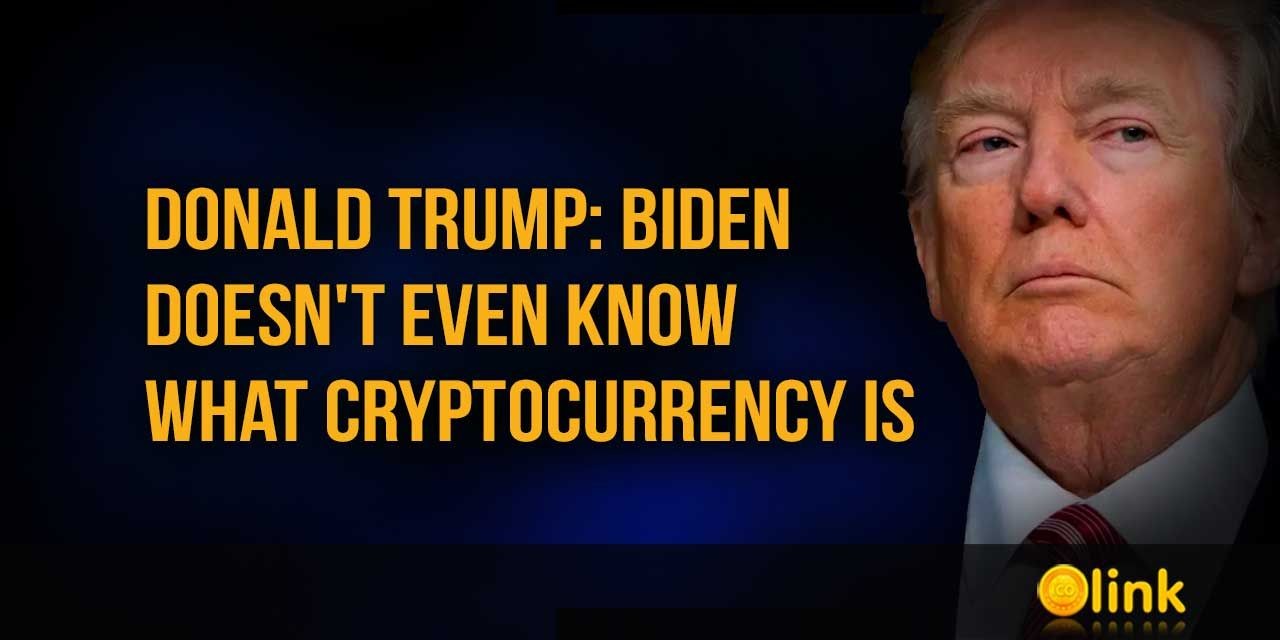Donald Trump: Biden doesn't even know what cryptocurrency is
Trump Takes a Stand on Cryptocurrency: A Critical Viewpoint on Biden's Understanding
In the midst of a fervent gathering at his Palm Beach estate, Mar-a-Lago, the former leader of the United States, Donald Trump, ignited conversations around a topic increasingly entwined with the fabric of global finance: cryptocurrency. Addressing an audience of enthusiasts who had acquired more than 47 tokens of his Mugshot Edition NFT collection for $99 each, Trump articulated a sharp critique of the present White House administration's grasp on digital assets.
His message was crystalline: the incumbent, Joe Biden, purportedly lacks a rudimentary understanding of cryptocurrency. This assertion wasn't just a fleeting comment but a cornerstone of his dialogue with his supporters, suggesting a schism in the approach to digital assets between him and Biden. Trump posited that the nation's stance toward cryptocurrency could lead to its exodus from the American economy—a situation he vowed to prevent should he steer the ship of state once more. Emphasizing the necessity for the U.S. to nurture and retain these digital assets, he painted a scenario where embracing rather than repelling them could foster financial innovation and growth.
Trump did not stop at mere statements. He extended an invitation to his backers to contribute to his election campaign using virtual coins—a move underscoring his belief in the utility and relevance of digital currencies in today's economic and political landscape.
This gathering did more than just spotlight Trump's viewpoints on cryptocurrency; it cast a revealing light on the dichotomies characterizing the political discourse surrounding digital assets in the U.S. Eleanor Terrett, a FOX Business correspondent present at the event, remarked on the stark differences in the cryptocurrency policies of the nation's leading presidential hopefuls. This divisiveness is not just a topic of casual debate but a significant concern for the electorate. A recent survey by Digital Currency Group highlighted that over a fifth of voters in six pivotal states consider the presidential candidates' stance on cryptocurrencies as potentially decisive for the 2024 fall election victory.
The discourse around cryptocurrency is evolving beyond mere speculative investment or a niche hobby for the tech-savvy. It is becoming a linchpin in the machinery of political strategy and voter engagement. As the digital horizon expands, the leadership's approach to embracing or sidelining this innovation could be a harbinger of broader economic and regulatory shifts in the United States. The conversations at Mar-a-Lago serve as a microcosm of a larger dialogue—a dialogue that might very well shape the future of finance and governance in the digital age.






